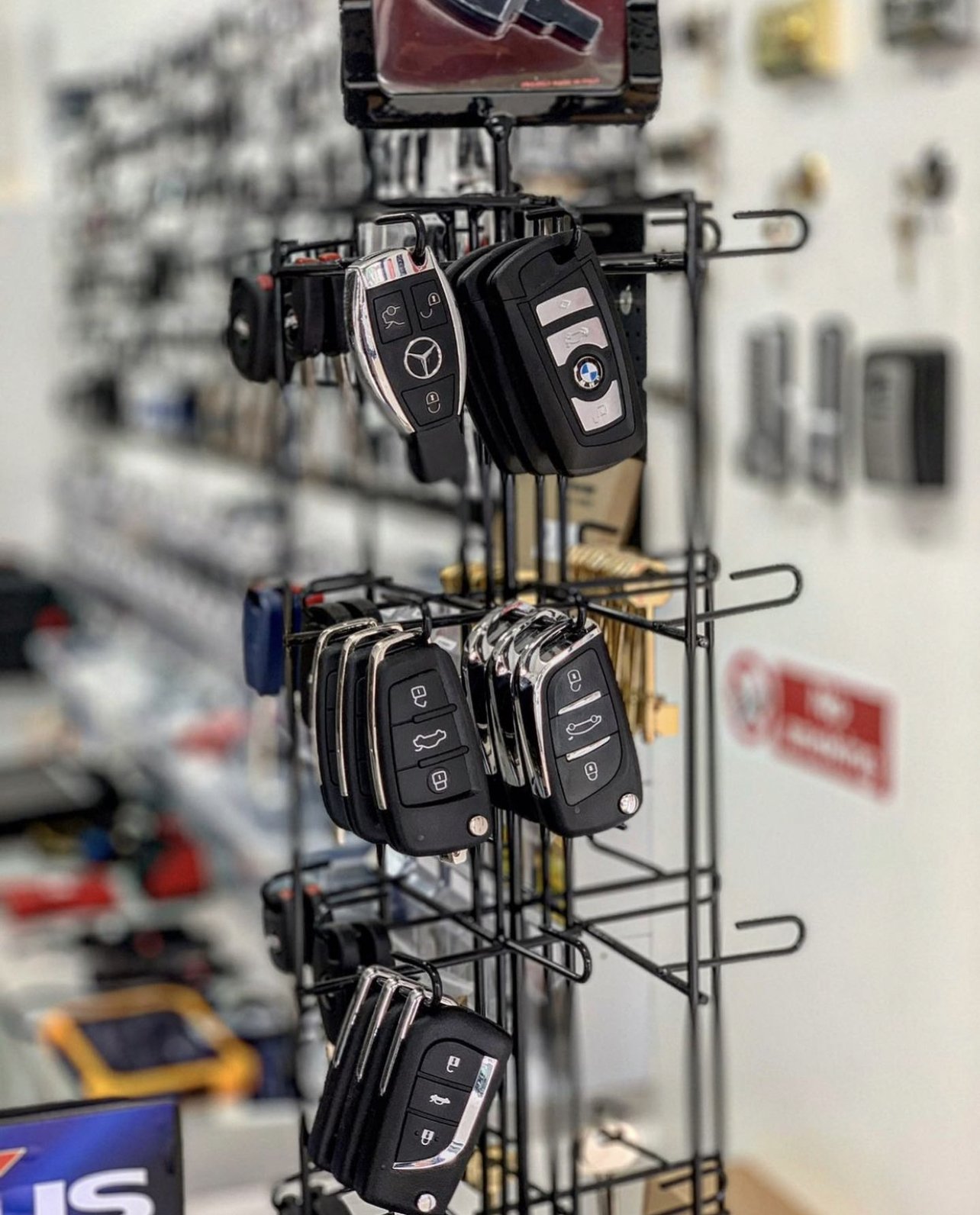Car Keys Replaced: Understanding Your Options and the Process
Losing or damaging car keys is more typical than one might think, and the subsequent need for replacement can be both surprising and inconvenient. Car keys are vital for accessing and running lorries, making the procedure of replacement important to preserving movement and self-reliance. This post explores the types of car keys, the replacement procedure, associated expenses, and frequently asked concerns to offer a detailed overview for vehicle owners.
Types of Car Keys
Comprehending the various kinds of car keys is the initial step in browsing the replacement process. The advancement of car keys mirrors improvements in automotive innovation and security. Here are the primary types of car keys in use today:
| Type of Key | Description |
|---|---|
| Conventional Keys | Made of metal, these fundamental keys can be cut by locksmiths and do not contain electronic devices. |
| Transponder Keys | Functions a chip that communicates with the car's engine immobilizer for included security. Typically requires programming. |
| Key Fobs | Remote devices that can lock or open car doors, and in some cases begin the vehicle. These frequently contain transponder innovation. |
| Smart Keys | Advanced keys that permit keyless entry and ignition. They interact with the car wirelessly and frequently have numerous performances. |
| Valet Keys | Simplified keys provided to valets, allowing restricted functions (e.g., no trunk gain access to) to secure individual items while supplying fundamental gain access to. |
The Replacement Process
The procedure of replacing a lost or harmed car key can differ based on the type of key and the vehicle's make and design. Below is a detailed guide to assist browse this procedure:
- Identify the Type of Key: Determine whether the key is a traditional mechanical key, a transponder key, a key fob, or a wise key.
- Locate Your Vehicle Identification Number (VIN): This number is essential for locksmiths or dealerships to guarantee they offer the right key for your vehicle.
- Contact a Professional: Depending on the type of key, you may call a local locksmith, the dealership, or a vehicle locksmith for assistance.
- Offer Necessary Information: Be all set to offer vehicle information, including the make, model, year, and VIN, and evidence of ownership.
- Key Creation/Programming: The service provider will produce a new key or fob. For transponder keys and smart keys, extra programming may be necessary to sync the key with the vehicle's security system.
- Check the Key: Before leaving, make sure that the brand-new key operates all functions, including locking, unlocking, and, if appropriate, starting the vehicle.
Costs Associated with Key Replacement
The cost of replacing car keys varies extensively based on several factors, consisting of the kind of key, the vehicle's make and design, and whether you go to a dealer or a locksmith. Here's a general breakdown of potential costs:
| Key Type | Approximated Replacement Cost |
|---|---|
| Standard Keys | ₤ 1 - ₤ 5 |
| Transponder Keys | ₤ 75 - ₤ 300 |
| Key Fobs | ₤ 50 - ₤ 600 (consisting of programming) |
| Smart Keys | ₤ 200 - ₤ 500 |
| Valet Keys | ₤ 20 - ₤ 50 |
Note: Costs can vary based upon geographical location and provider.
Avoiding Future Key Loss
While unexpected loss is tough to avoid, specific strategies can reduce the risk of losing car type in the future:
- Designate a Key Spot: Keep your type in a specific place at home or work to prevent misplacement.
- Use a Keychain Tracker: Devices like Tile or Apple AirTag can assist you locate your keys quickly.
- Spare Key: Consider having a spare key made and kept in a safe place, or with a relied on good friend or member of the family.
- Key Hooks: Install key hooks or a bowl near the front door to ensure your keys don't roam off.
Frequently Asked Questions About Car Key Replacement
1. What should I do if my key gets stuck in the ignition?
If your key gets stuck in the ignition, first, attempt wiggling it gently. If it doesn't launch, examine to see if the guiding wheel is locked. If problems continue, it might be best to call an expert for assistance.
2. The length of time does it take to change a car key?
The time to change a car key can range from as low as 30 minutes to numerous hours, depending upon the intricacy of the key and whether programming is required.
3. Can I program a key fob myself?
While some key fobs can be configured in the house, many require specialized equipment or access to the vehicle's onboard computer system, often best managed by an expert.
4. Will insurance coverage cover the cost of replacing car keys?
Numerous auto insurance coverage might cover the expense of key replacement. It's advised to call your insurance supplier to ask about coverage specifics and deductibles.
5. What if Repair Car Key is broken, but I still have the pieces?
If your key is broken but you have the pieces, a locksmith might have the ability to produce a new key from the pieces. However, this might depend on the kind of key and the extent of the damage.
Replacing car keys can be a complicated procedure, however understanding the various kinds of keys, the replacement approaches, and the expenses included can ease the burden. Awareness, preventive steps, and timely action can lessen trouble, ensuring that vehicle owners remain on the road. Whether one go with a locksmith or a dealership service, taking the necessary steps without delay can cause a smooth and successful key replacement experience.

